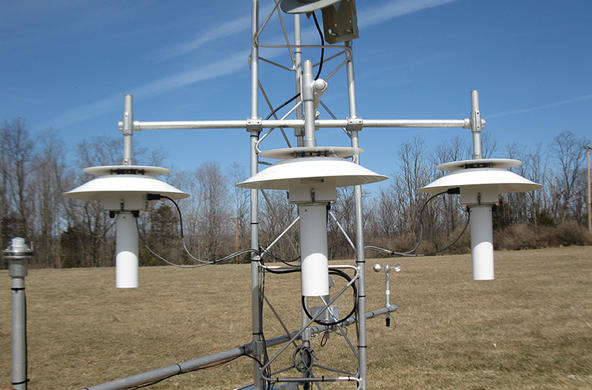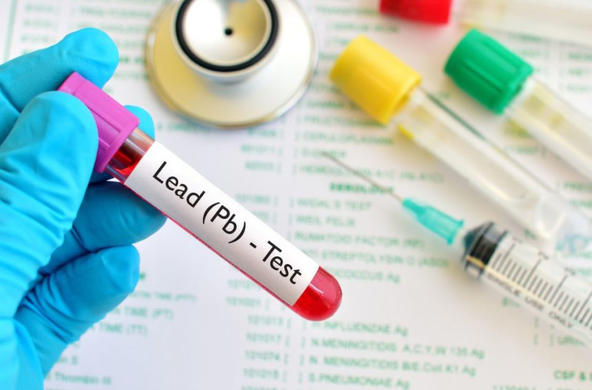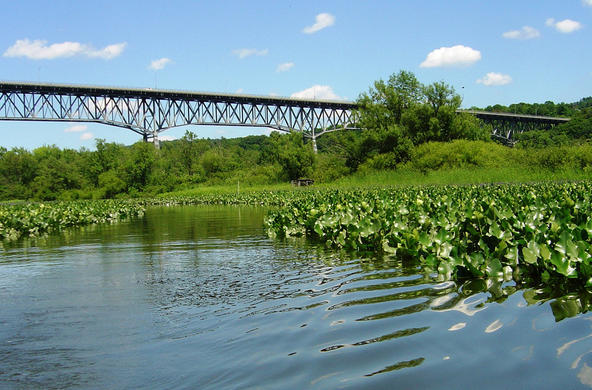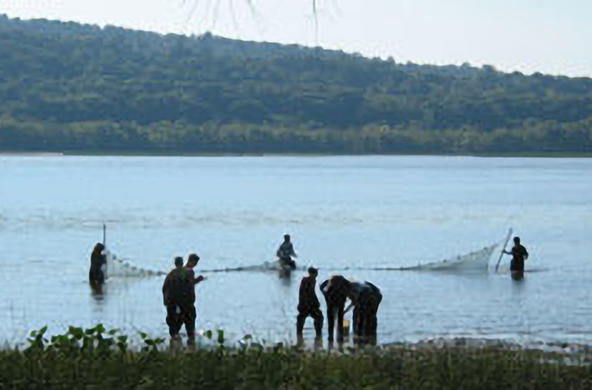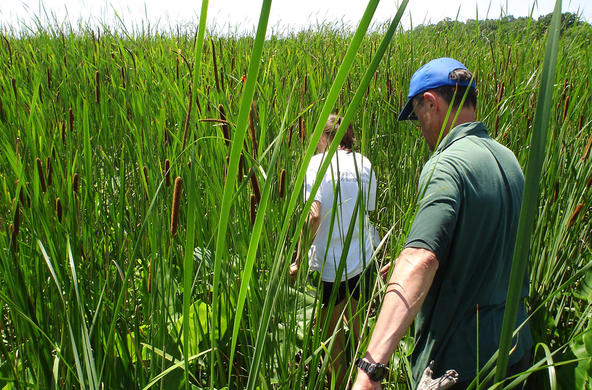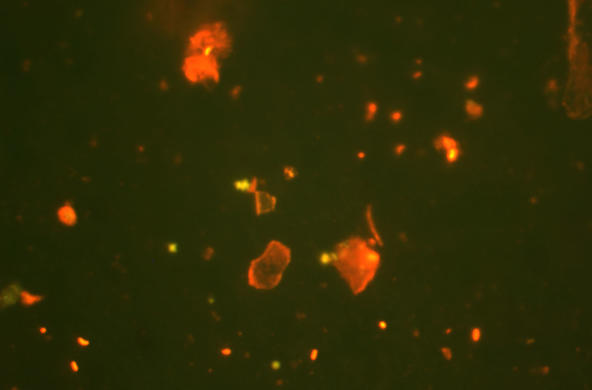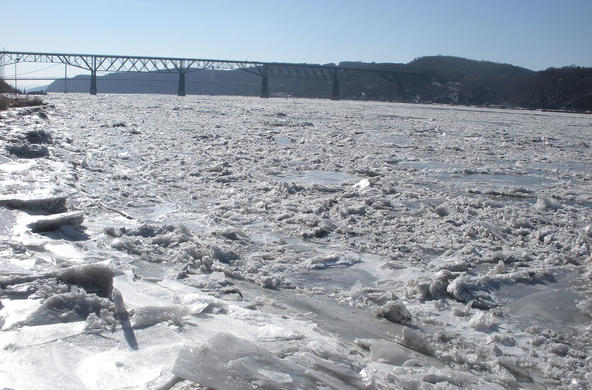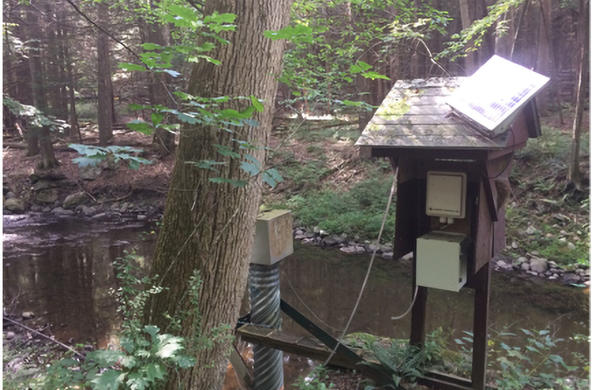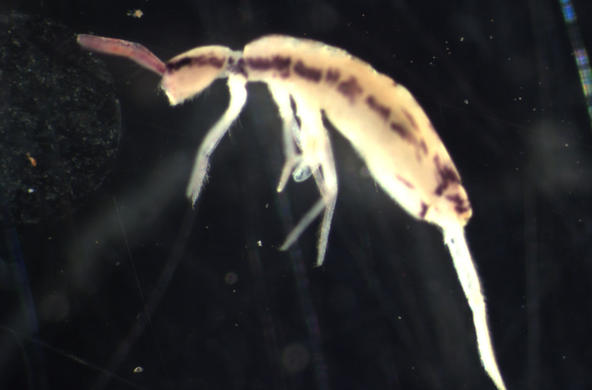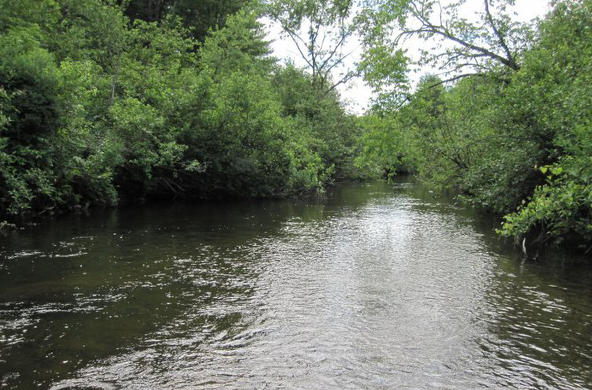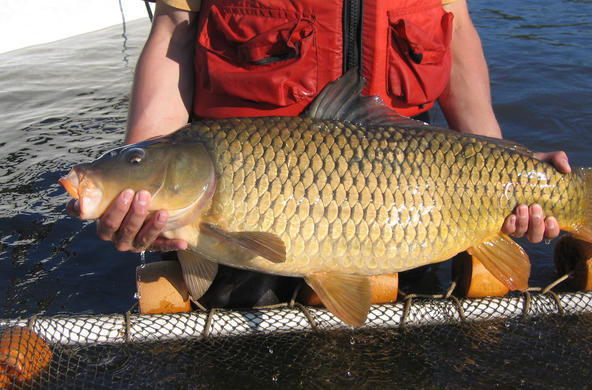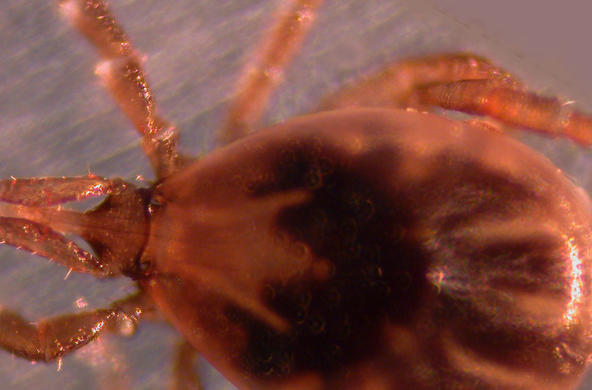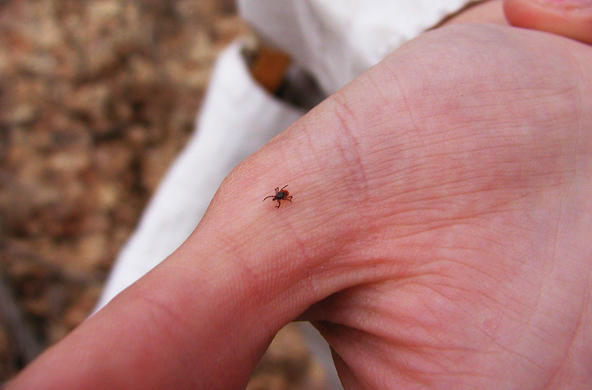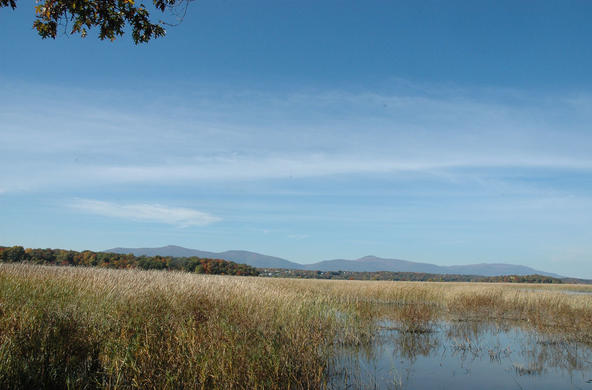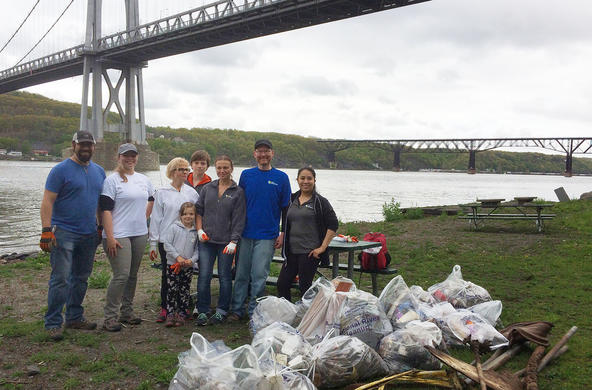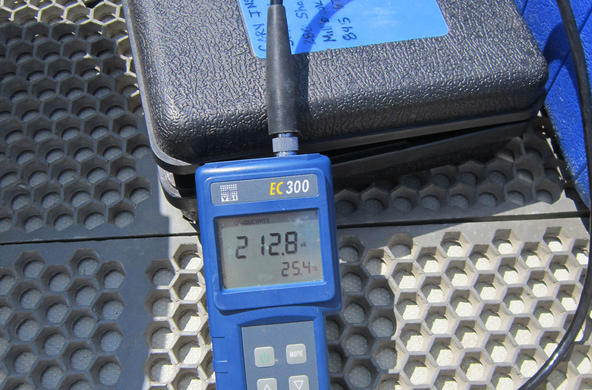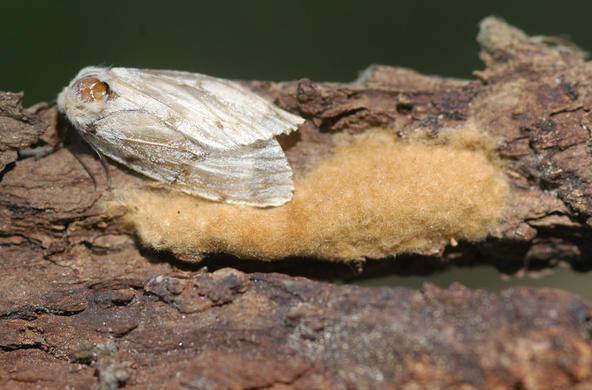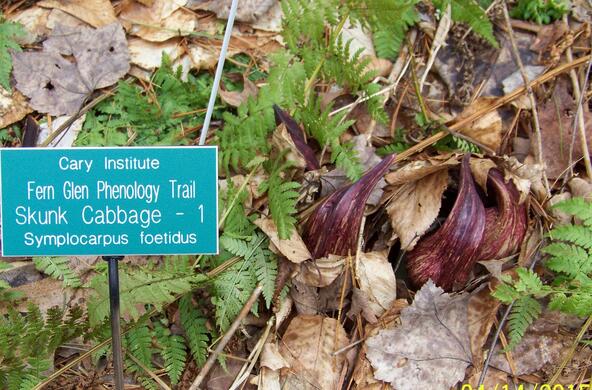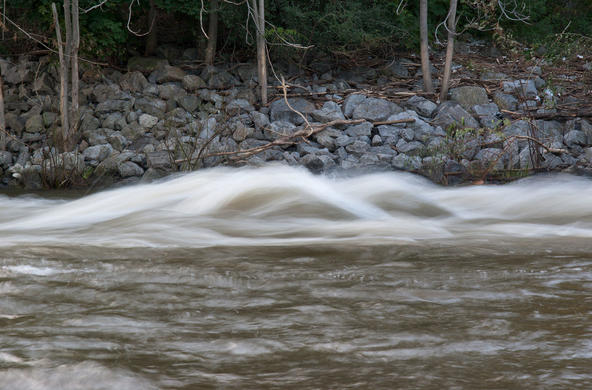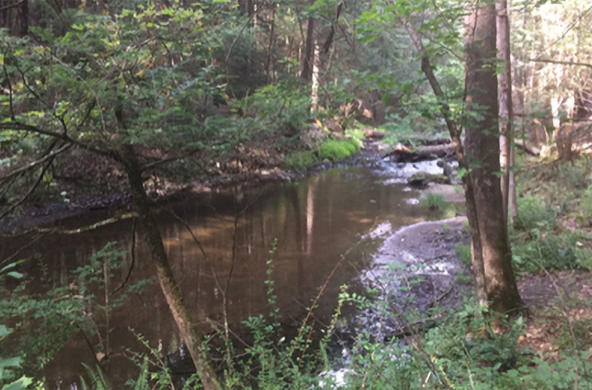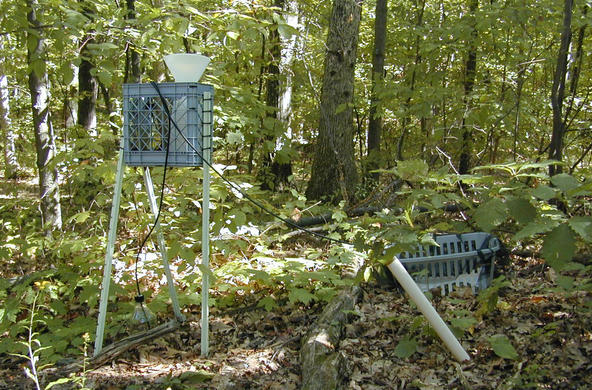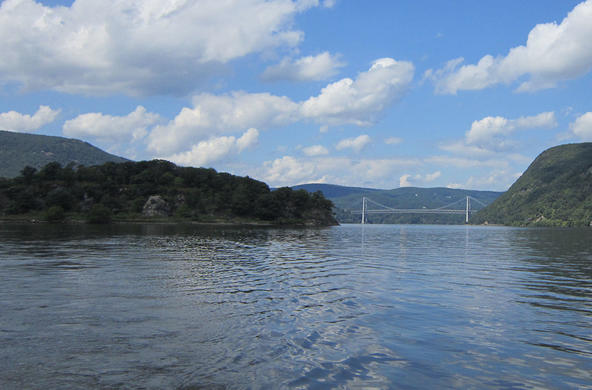Hydrofracking, or hydraulic fracturing, is a gas production technique where the natural gas is extracted from rock deep underground using a cocktail of water and chemicals (fracking fluid), injected with high pressure. There are a number of ecological concerns related to this practice, one of which relates to the potential impact of water pollution from the release of waste water into the environment. Since the fracking fluid mixes with water underground that has high levels of chloride, when it returns to the surface it retains this high level of chloride. Spraying this fluid as a means of de-icing has occurred in some areas, while in other places the waste water is discharged into surface waters or even sprayed in natural areas. In this unit, students explore this idea using secondary data and first-hand investigations designed to help them understand how salt pollution impacts ecosystems function.



